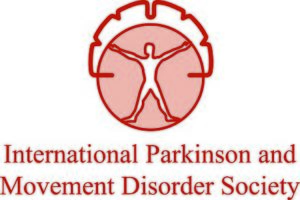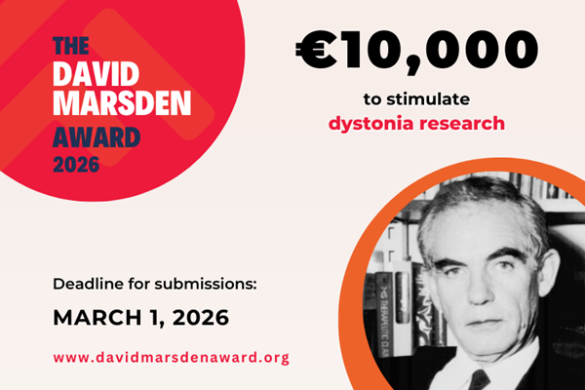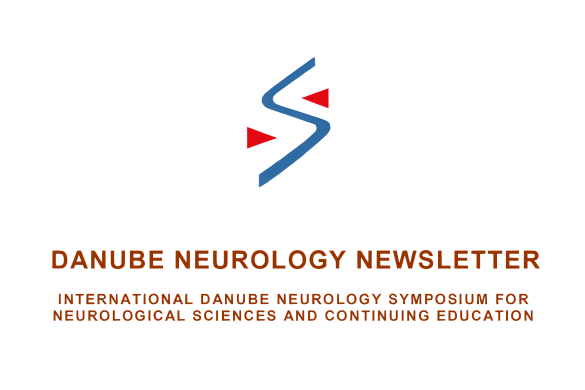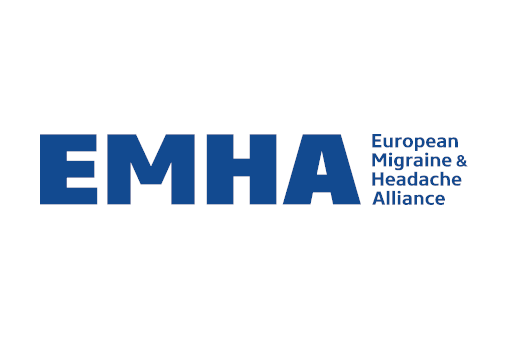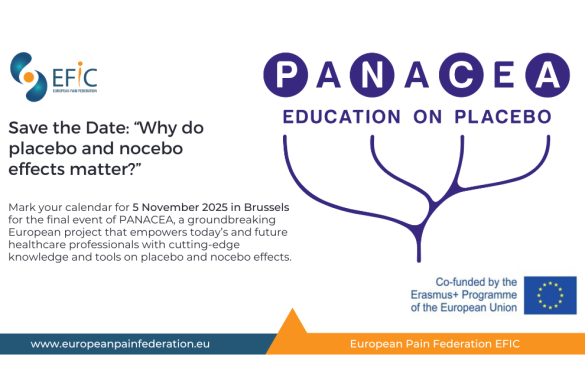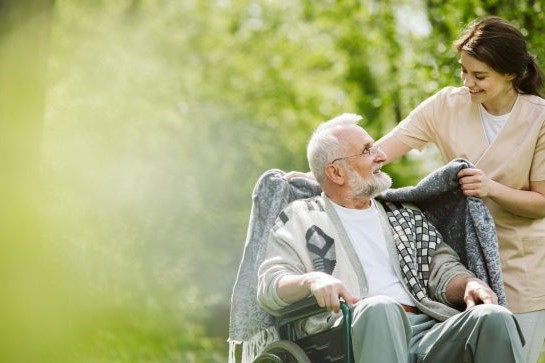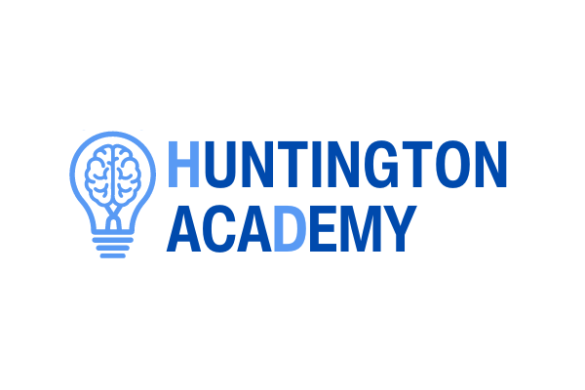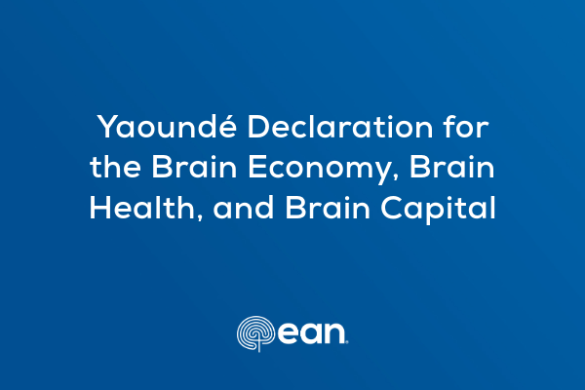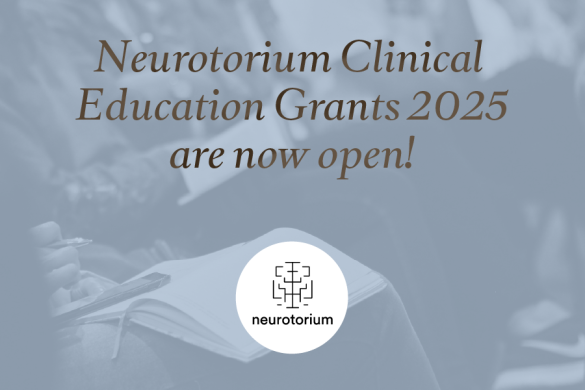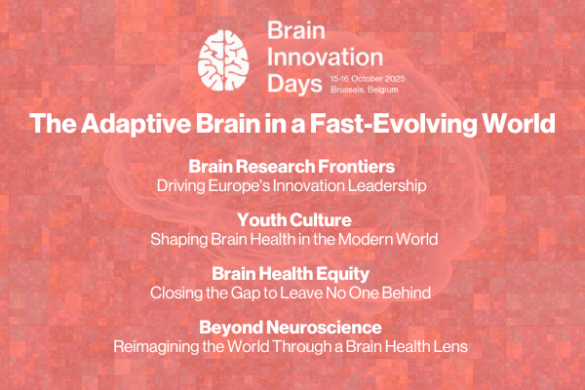On November 14-15 2019, the Advanced Deep Brain Stimulation for Movement Disorders course of the International Parkinson and Movement Disorders Society was organized in the Haga Teaching Hospital in The Hague (The Netherlands). Movement disorder neurologists, functional neurosurgeons, nurse practitioners, and trainees from all over the world came to visit the political capital of the Netherlands.
The members of the course directors were M.F. Contarino (The Hague) and E. Moro (Grenoble), supported by the faculty P. Limousin (Londen), V. Vuletic (Zagreb), C.F. Hoffmann (The Hague), and N.A. van der Gaag (The Hague). The entire multidisciplinary DBS team of the Haga Teaching hospital and Leiden University Medical Centre, including specialist nurses, physiotherapists, theatre nurses, planners, psychologists, researchers, neurosurgeons and neurologists were present and made an important contribution to the organization of the DBS course.
The course started with an introduction of all the participants. It was very interesting to learn about the heterogeneous background of our colleagues involved in DBS visiting from South Africa to Taiwan, Brazil, Turkey, Iraq, Egypt, Ukraine, Russia, and all over Europe. The interaction between the experienced participants in the field of DBS and the world’s DBS expert faculty led to very interesting discussions and a high quality of knowledge exchange. DBS for Parkinson’s disease, tremor, and dystonia were discussed in detail. In addition, lectures were presented regarding the developments in targeting, electrophysiology, and troubleshooting in DBS.
After a successful first day, participants took the Dutch tram to the historical city center and joined for a pleasant dinner in a cozy restaurant situated in a historical building to interact and strengthen the DBS network. Afterwards the participants took their bikes (Dutch participants), public transport, cars, or walked back home (or to the hotel) or explored the city’s nightlife.
The second day started with lectures regarding surgical issues and advanced programming. Afterwards participants got a chance to present their interesting DBS cases and discuss their management. After a Dutch lunch including milk, buttermilk, and the typical ‘bitterballen’ both faculty and participants were challenged in advanced DBS programming and troubleshooting with live patients.
For these patient rounds, committed DBS patients of our DBS center kindly agreed to have their DBS settings reprogrammed in order to allow the course participants and faculty to explore different strategies of advanced DBS programming.
The course ended with an overview of expected future developments in DBS and unfortunately, it was already time to say goodbye.
We were happy to hear that some new friendships and collaborations were born during these two intense days, and that many colleagues went home full of inspiration and new ideas on how to improve their practice, just as we did!
Rodi Zutt, neurologist Haga Teaching Hospital, The Hague

